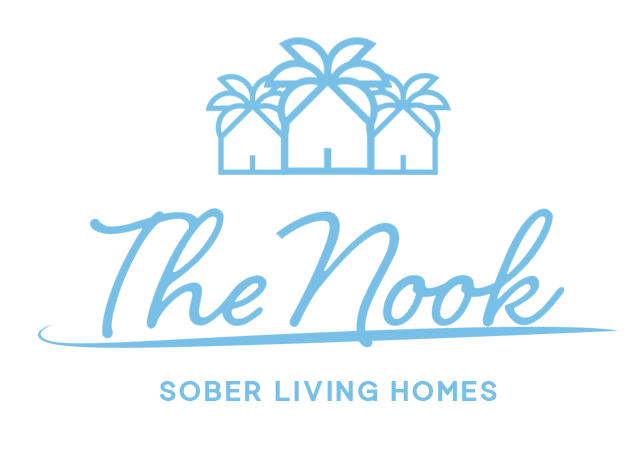Treating an alcohol or substance use disorder usually begins with a full-body detox – which takes roughly one to two weeks. During that time, patients undergo therapy and take medication to help relieve any withdrawal symptoms. After the detox, they continue treatment as needed.
The entire goal behind treatment is to overcome the addiction and prevent relapse for long-term results. The length of treatment will largely depend on the severity of the addiction and drug or substance used, as well as the need for additional treatment – such as a sober living home.
According to the National Institute on Drug Abuse, roughly 40-60% of those with a substance use disorder will relapse at some point. While that’s a substantial percentage, there are a variety of things one can do to minimize or reduce the chances of relapse after leaving rehab.
What is a Sober Living Facility?
A Los Angeles sober living home, also known as transitional living, is often used as a bridge between treatment and independent living. It’s best reserved for those that have a high chance of relapse after leaving rehab, allowing for a sober environment as they work their way back into society.
The truth is some people – even though they might complete detox and rehab – simply aren’t ready to make the full transition back into routine life. They might fear relapse or feel it best to continue treatment. Either way, a sober living facility provides the necessary foundation.
How Long Can You Stay in a Sober Living House?
While there is no set limit on how long an individual can stay in a sober living house, most professionals recommend spending at least 90 days (three months) in the sober living facility before transitioning to a more independent lifestyle. Of course, people can stay longer if needed.
In fact, some people might extend their stay to six months, one year, or even several years if it’s deemed necessary and they continue to follow house rules. Every case is going to be different as every individual has unique needs, but a minimum of three months is generally the best.
Some of the factors that might extend one’s stay at a sober living home include individual needs, rate of progress, ability to follow house rules, the severity of addiction, failed attempts at recovery, previous relapses, and the presence of other mental health disorders or health conditions.
Why are Sober Houses Important in Recovery?
Sober houses play a significant role in a patient’s journey towards recovery. Like we explained above, they give the patient the necessary environment to continue treatment and gradually assimilate back into normal society. Without sober living, relapse would be inevitable.
Let’s take a look at some of the most prominent benefits of sober living houses:
- Continued guidance and support from professionals
- Build meaningful and valuable relationships with other sober individuals
- Gain valuable skills that can be applied to your post-recovery life
- Learn how to live an independent life without the use of drugs
- Safely and effectively make the transition back into a normal life
- Reduce the risk of relapse after completing detox and rehab
- Build connections and have access to valuable resources
Sober living can be the difference between regaining control of your day-to-day life after rehab and finding yourself making the same decisions that got you into rehab in the first place. Given the necessary care and attention, patients have a lot to gain from
How Does Sober House Living Work?
Sober living houses generally work in three phases. The restrictive phase is where restrictions are at their peak, the reintroduction phase is where certain freedoms and responsibilities are gained, and the self-sufficiency phase is where the patient starts making their own decisions.
Here’s a look at some of the things you can expect when residing in a sober living facility:
- No drugs or other harmful substances that might trigger relapse
- Random drug tests to ensure you’re staying clean
- Limited transportation and limited guests
- Mandatory support group meetings and other house-related activities
- Involvement in school, work, or other programs
- Getting along with other residents is mandatory
- Must avoid any sexual relationships with residents or staff
- Residents usually have monthly rent and other fees to pay
- Residents usually have chores and other house-related responsibilities to complete
It’s important to note that every sober living facility is different and unique in its own way. Not only that, but the overall treatment and care you receive inside a sober living home will differ compared to other residents – largely depending on the severity of your drug addiction.
If you’re interested in learning more about sober living and what it can do for your journey towards a drug-free life, don’t hesitate to contact The Nook today. We’re a men’s sober living house in Los Angeles, and we are here to help you today.


